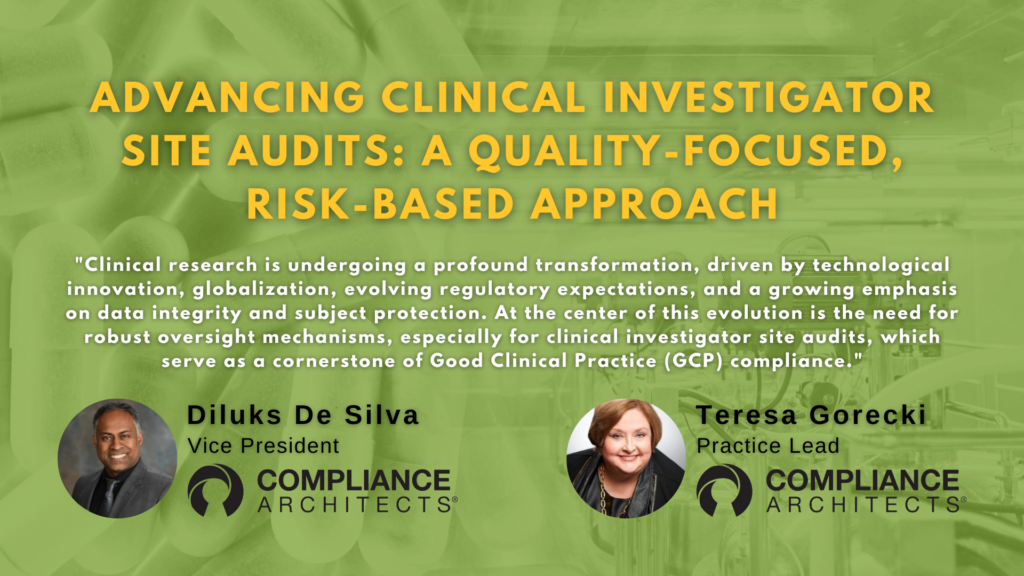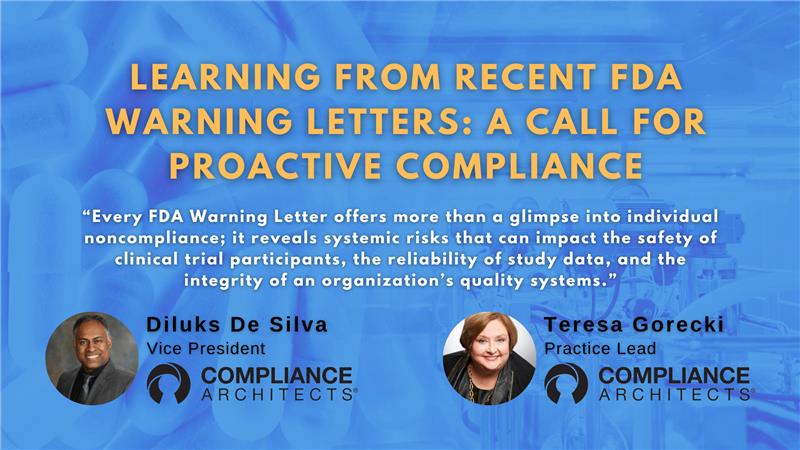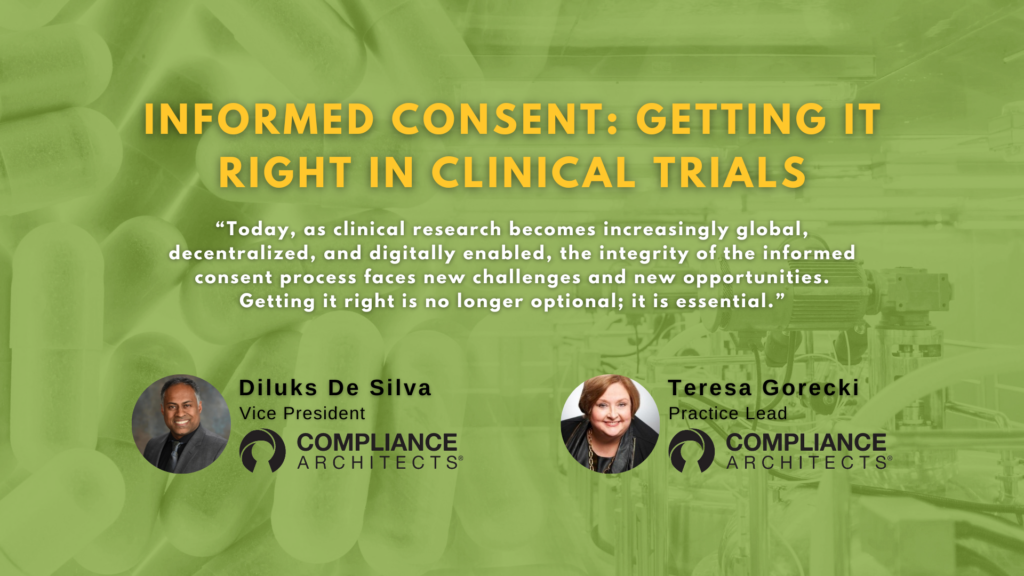I’m struggling to find an answer to the following question: If you were the owner of a company, how much would you spend, year over year, to prevent a potential loss in market value to your company of two billion, one hundred twenty million dollars? Would you spend a half-a-million dollars? Five million? Ten million? How about twenty million? Remember, we’re talking Two Billion, One Hundred Twenty Million dollars in lost shareholder value– owner value – real dollars.
Given the enormous sum of money, I think most rational executives would spend some serious money to prevent this sort of loss – or, more importantly, even the potential to incur this sort of loss. And, if I were an owner – a shareholder – in this company, I think I would demand that the executives running the company keep a close watch on the risk and spend generously to mitigate this magnitude of potential loss.
Table of Contents

Financial Impacts of FDA Enforcement Non-Compliance Actions
I am of course referring to financial impacts resulting from FDA enforcement, and the example I’m using to illustrate these impacts is the recently announced Genzyme Consent Decree. From March 23 to March 25, immediately after the announcement that the FDA was going to take further FDA enforcement action against the company, Genzyme stock fell from 59.10 to 51.13, with 266 million shares outstanding.
So, in two days, the company lost two billion, one hundred twenty million dollars* in shareholder value. However, although Genzyme is the subject of this example, they are really just the latest face on the FDA’s Most Wanted Poster – this scenario has played out a number of times before, and likely, will occur with other companies in the future.
Now, to be fair, I don’t know the specifics of the run-up to the Genzyme Consent Decree. But, having done this sort of work a long time in and for several different companies, I certainly have an idea of what happened. And, I believe that in general, these things are preventable – at least in large part preventable. I don’t think it’s possible to avoid any FDA enforcement action – every company gets an FDA 483 now and then, and some even get the occasional Warning Letter.
But a Consent Decree?
Now, even if you place all the blame for these situations on the FDA as the most unpredictable, inconsistent, unfair Federal Agency in existence (which it isn’t – I’m using this extreme for illustration only), I still come to the same conclusion: when a company can lose Billions – with a B – in shareholder value due to a significant FDA enforcement action, doesn’t it seem to make sense to perhaps overspend a bit to make sure that doesn’t occur? Should companies continue to play “compliance Russian Roulette?” Am I off here?

And, I’m not even including the direct required payment to the Government of $175 million, or, the tens of millions that will be paid to consultants to fix the problems. Also, apparently, according to Morningstar, sales of two of Genzyme’s products dropped 6% due to supply issues from 2009 levels. On billion-dollar products, that’s real money.
Now, I know that quality and compliance activities aren’t sexy, and enforcement costs are often dismissed as a “cost of doing business.” Executives hate spending money on this sort of “non-value added” stuff. But if this sort of impact doesn’t matter to a company’s financial picture, why should anything? And it’s not like this should be a surprise – just look at what happened to Schering-Plough’s valuation when it was hit with a Consent Decree eight or so years ago – $40 billion wiped away over the course of two years (contact me if you want my calculations).
Companies are inspected regularly by the FDA enforcement, get 483s and Warning Letters, and Consent Decrees, so these impacts clearly are possible, if not probable risks. If these types of things don’t matter, why would we care about anything that drives shareholder value up or down in the short term?
What am I missing here? Is this all really much ado about nothing? Are companies managing these risks appropriately? Why do these sorts of action continue to occur? I’d welcome your thoughts.
Contact Us
For information on how to develop high-performing quality and compliance with FDA enforcement systems for pharmaceutical, medical device and other FDA-regulated companies, fill out the form below.
* Note that at the time of this posting (4/27/10), the value of Genzyme has recovered from a low of 51.13/share to 53.01/share, making the loss in value only $1.6 billion.




